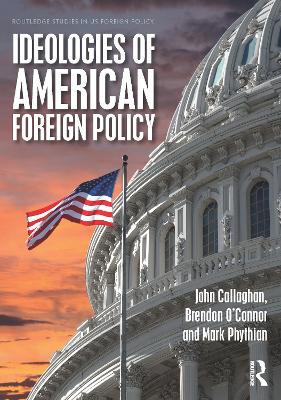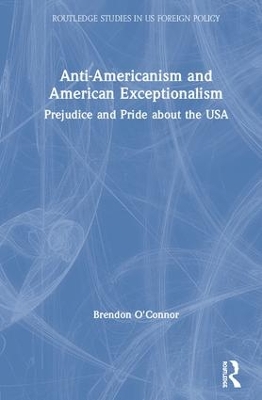Routledge Studies in US Foreign Policy
2 total works
Ideologies of American Foreign Policy
by John Callaghan, Brendon O'Connor, and Mark Phythian
A comprehensive account of ideology and its role in the foreign policy of the United States of America, this book investigates the way United States foreign policy has been understood, debated and explained in the period since the US emerged as a global force, on its way to becoming the world power.
Starting from the premise that ideologies facilitate understanding by providing explanatory patterns or frameworks from which meaning can be derived, the authors study the relationship between ideology and foreign policy, demonstrating the important role ideas have played in US foreign policy. Drawing on a range of US administrations, they consider key speeches and doctrines, as well as private conversations, and compare rhetoric to actions in order to demonstrate how particular sets of ideas - that is, ideologies - from anti-colonialism and anti-communism to neo-conservatism mattered during specific presidencies and how US foreign policy was projected, explained and sustained from one administration to another.
Bringing a neglected dimension into the study of US foreign policy, this book will be of great interest to students and researchers of US foreign policy, ideology and politics.
This book argues against the tendency to see America as the worst or best nation and instead presents a case for seeing anti-Americanism as a counterproductive prejudice. There are many reasons to criticise American policies, politics and even society, but a crucial distinction must be drawn between criticism and prejudice.
Charting the development and adaptation of this anti-American tradition, O’Connor maintains that it is important to contextualise it within the particularities of the American experience and the global reach of the United States’ influence and power. He argues for a move away from stereotypes and caricatures towards more specific and profitable discussions about American actions and policies.
Offering precise and useful ways of understanding anti-Americanism and American exceptionalism that place the terms in their relevant political contexts, this volume is a useful and engaging resource for those researching or studying American politics and ideology, foreign policy, American culture and international relations.

